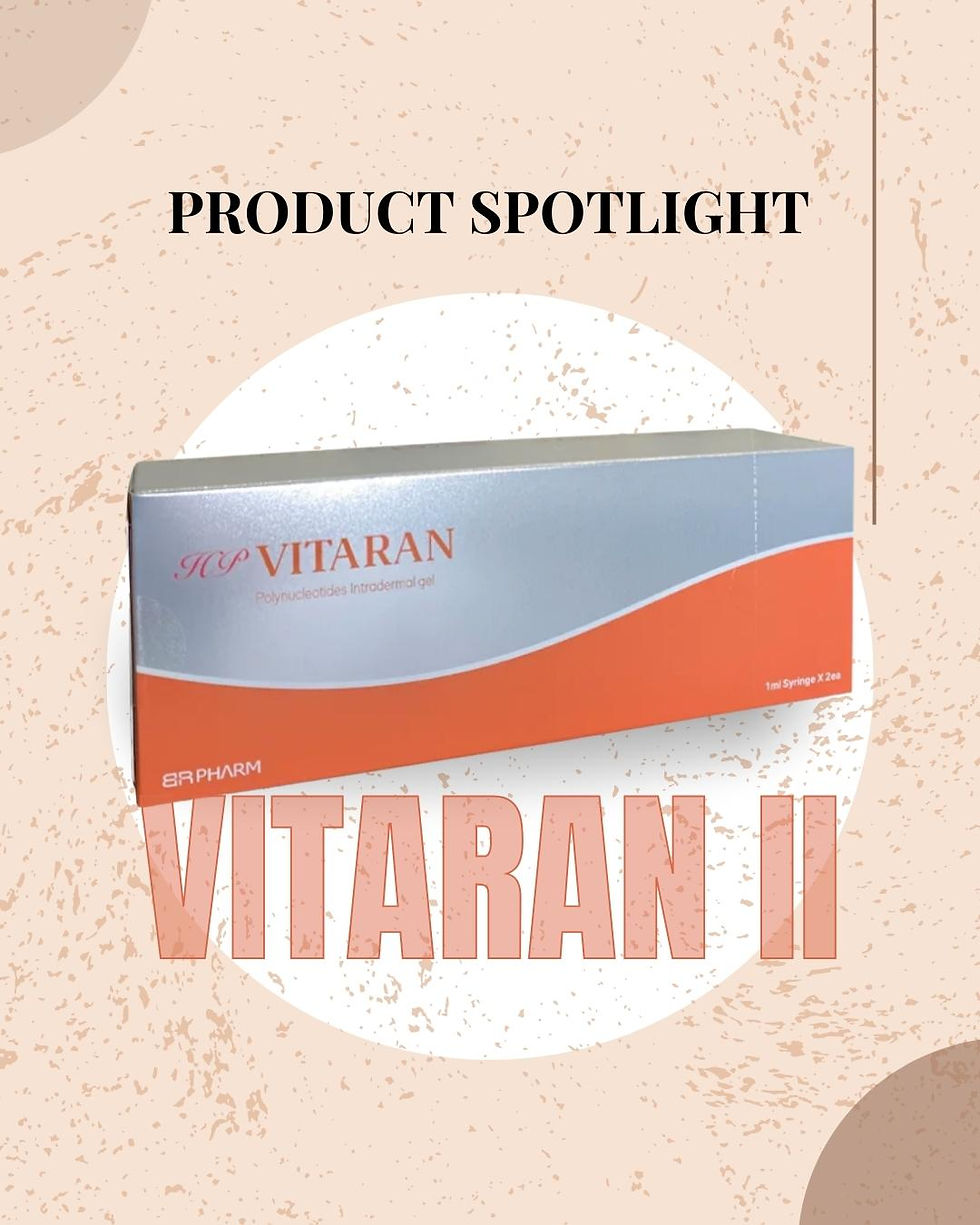Essential Guidelines for Storing and Reusing Dermal Fillers
- Abi Cole

- Jun 5
- 3 min read
Updated: Oct 14
Dermal fillers have become a popular option for those seeking to enhance facial aesthetics, offering a minimally invasive way to achieve youthful, fuller skin. However, proper storage and handling of dermal fillers are crucial to ensure their effectiveness and safety. This blog post will cover essential guidelines and recommendations for storing and reusing dermal fillers effectively.

Understanding Dermal Fillers
Dermal fillers are injectable substances used to add volume, smooth out wrinkles, and enhance facial contours. They often contain materials like hyaluronic acid or collagen. The quality of these fillers can be compromised if not stored and handled correctly. Hence, it’s essential to understand their proper care.
Why Proper Storage Matters
The importance of proper storage cannot be understated. If dermal fillers are not stored under specific conditions, they can lose their effectiveness. Understanding how to store them properly is vital for achieving the desired results.
Storage Guidelines
1. Temperature Control
Ideal Storage Temperature: Dermal fillers should be stored between 2°C and 25°C (36°F to 77°F). Exposure to extreme temperatures can degrade the product. Always avoid freezing or excessive heat.
Refrigeration: Some fillers may require refrigeration for optimal storage. Always refer to the manufacturer's guidelines for specific storage instructions.
2. Avoid Direct Sunlight
UV Exposure: Store fillers in a cool, dark place, away from direct sunlight. Ultraviolet (UV) light can break down the filler material and reduce its effectiveness.
3. Original Packaging
Sealed Containers: Keep dermal fillers in their original packaging until you are ready to use them. This packaging is designed to provide protection from contamination and environmental factors.
4. Hygiene and Cleanliness
Sterile Environment: Fillers should be stored in a clean, dry area to prevent contamination. Ensure that the storage environment is free from dust and other possible contaminants.
Reusing Dermal Fillers
While reusing dermal fillers can be a cost-effective option, strict guidelines must be followed for safety and effectiveness.
1. Single-Use Policy
Manufacturer’s Recommendations: Many fillers are intended for single use after opening. Following this guideline ensures maximum sterility and efficacy.
2. Aseptic Techniques
Sterile Handling: If you must reuse a dermal filler, employ aseptic techniques. Always use sterile needles and syringes, and handle the product in a sterile environment to avoid infection.
3. Expiration Dates
Check Expiry: Always check the expiration date on the dermal filler packaging. Expired fillers should never be used, as their safety and effectiveness cannot be assured.
4. Partial Usage
Re-sealing Partially Used Fillers: If only some of a filler is used, the remainder must be properly sealed and stored as per the manufacturer’s instructions. Remember, even with sealing, the risk of contamination increases with reuse.
5. Professional Administration
Qualified Practitioners: Dermal fillers must be administered by healthcare professionals. Proper technique and knowledge of facial anatomy are crucial for safe and effective outcomes.
Additional Considerations
Consistency in Practice
When it comes to storing and reusing dermal fillers, consistency in practice is key. Always adhere to the same storage and handling practices for each use. This helps to minimize variability in effectiveness and safety.
Education on Fillers
It is essential for both practitioners and patients to stay informed about the latest guidelines and recommendations for dermal fillers. Continuous education can help in maintaining safety standards and delivering the best possible results.
Conclusion
Storing and reusing dermal fillers requires careful attention to detail to maintain their safety and effectiveness. By following the guidelines outlined above, you can ensure that your dermal fillers remain in optimal condition, yielding the best possible results for your aesthetic treatments. Always consult healthcare professionals or the filler manufacturer for specific recommendations and guidelines. By prioritizing safety and proper handling, you will achieve desired outcomes while minimizing risks.
Explore our range of Dermal Fillers and discover options that can enhance your beauty.
This blog post is intended for informational purposes only. It does not constitute medical advice, training, or instruction for performing any aesthetic or body contouring treatments. Always seek professional training and certification from a qualified provider before performing any procedures.




Comments